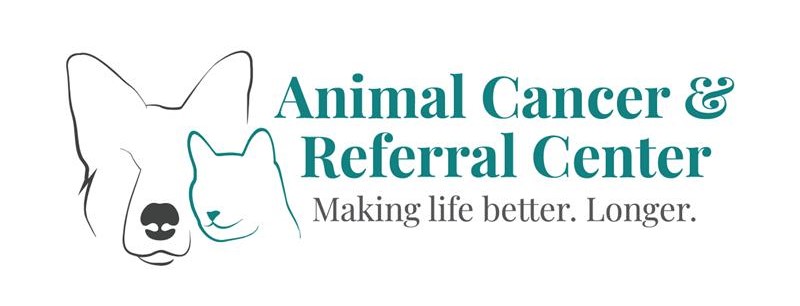Why Choose a Surgical Oncologist Instead of a Soft Tissue Surgeon?
A veterinary surgical oncologist and a veterinary soft tissue surgeon both have advanced training, but they bring slightly different expertise to a cancer surgery. Here’s how they differ and what the unique benefits are of having a surgical oncologist handle these procedures.
Expertise in Cancer Surgery
A veterinary surgical oncologist specializes in the surgical management of cancer cases, having undergone extra training specifically in oncology. This includes a deep understanding of tumor biology, cancer behavior, and metastasis patterns. They are trained to assess each case for factors like tumor margins, local invasion, and likelihood of recurrence, enabling a highly strategic approach tailored to the specific type of cancer.
Precision in Removing Tumors
A veterinary surgical oncologist’s experience in oncology helps them make precise decisions about how much tissue to remove around a tumor, ensuring that enough is taken to reduce the risk of recurrence while also preserving as much healthy tissue as possible. This balance is crucial for outcomes and can be particularly important in cases where the tumor is close to critical structures or involves multiple areas.
Focus on Multimodal Treatment Planning
Surgical oncologists work closely with medical oncologists and radiation specialists as part of a larger cancer care team, and they often incorporate a comprehensive, multimodal treatment approach. They’ll assess whether surgery should be combined with chemotherapy, radiation, or other therapies, ensuring that surgery fits within a broader cancer management plan for the pet.
Specialized Techniques and Tools
Surgical oncologists often employ specific surgical techniques, technologies, and tools designed for cancer surgery, which may not be as common in soft tissue surgery. This could include advanced imaging for accurate tumor localization, intraoperative biopsy, and margin assessment to verify complete tumor removal. These tools and techniques can enhance surgical precision and contribute to better long-term outcomes.
Prognosis and Post-Surgical Care
Surgical oncologists are particularly skilled at discussing prognosis and providing follow-up recommendations specific to cancer. They can offer insight into potential recurrence and what to watch for, enabling pet owners to make informed decisions about ongoing care.
In summary, while a veterinary soft tissue surgeon is highly skilled and can perform a variety of complex surgeries, a veterinary surgical oncologist brings a specialized understanding of cancer treatment that can be highly beneficial for pets with cancer. This expertise can result in a more tailored surgical approach, potentially improving long-term outcomes and enhancing the overall quality of care.

